Diagnosis

Find what you are looking for
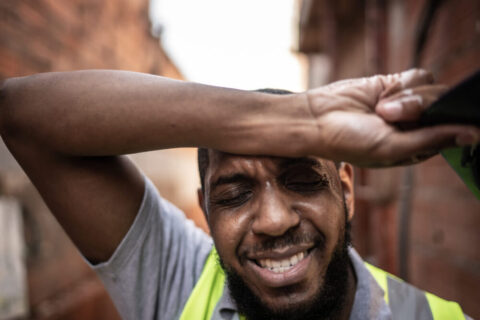
How Do Varicose Veins Cause Sweating?
Varicose veins are twisted veins that usually form close to the skin's surface due to blood pools and blood clots.…
Read More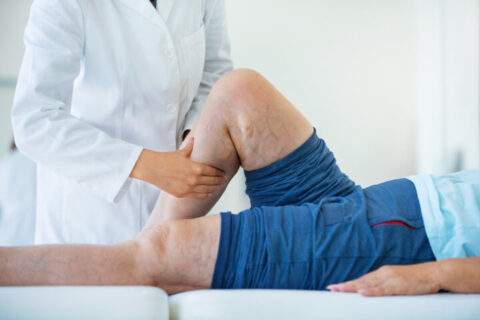
Can Varicose Veins Be A Sign Of Stroke Risk?
Varicose veins are often regarded as a cosmetic issue. However, some doctors suggest that there could be more to this…
Read More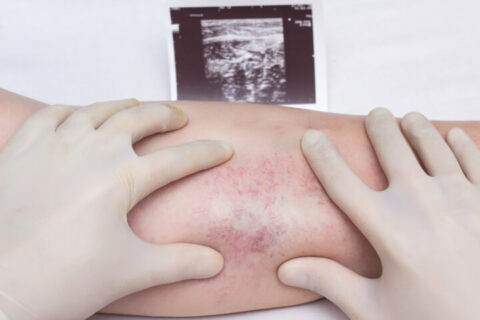
Reticular Veins vs. Varicose Veins: What Are The Differences
Veins are compressible structures that return oxygen-depleted blood to the heart. There are various reasons for veins in your lower…
Read More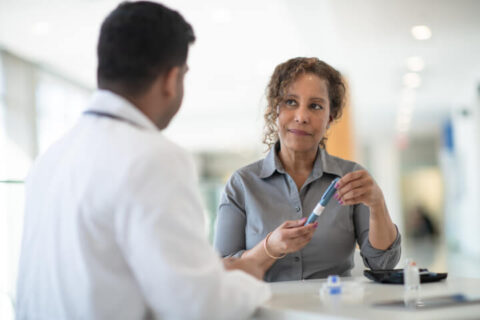
Varicose Veins and Diabetes: How Are They Related?
Leg varicose veins are a common condition caused by chronic venous insufficiency due to venous reflux. Leg varicose vein is…
Read More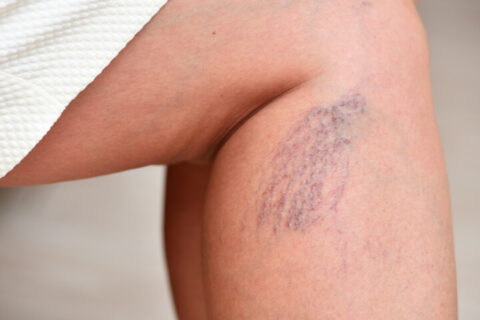
Varicose Veins on the Buttocks: Why Do They Form?
A varicose or spider vein can appear anywhere on the body, including the buttock. It can be embarrassing when an…
Read More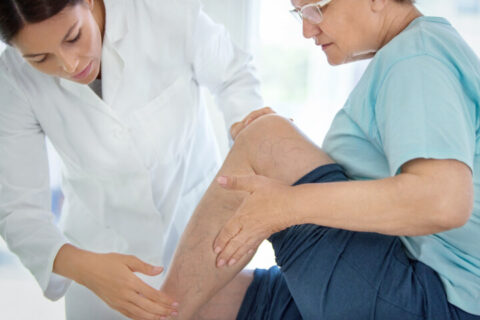
Are Varicose Veins Genetic?
Varicose vein disease is a common issue that affects adults. This vein problem can produce aches, cramps, and throbbing pain…
Read More
Facial Varicose Veins: What You Need to Know
Broken blood vessels on the face are enlarged veins that appear just below the skin's surface. Spider veins' name was…
Read More
What Is the Hard Lump on the Varicose Vein?
Patients with varicose veins may notice a hard lump on a vein in addition to pain, cramps, and edema. Though…
Read More
When to Worry About Varicose Veins
Varicose veins are swelling and bulging veins that commonly develop on the lower legs. A patient may have observed that…
Read MoreShow All Posts